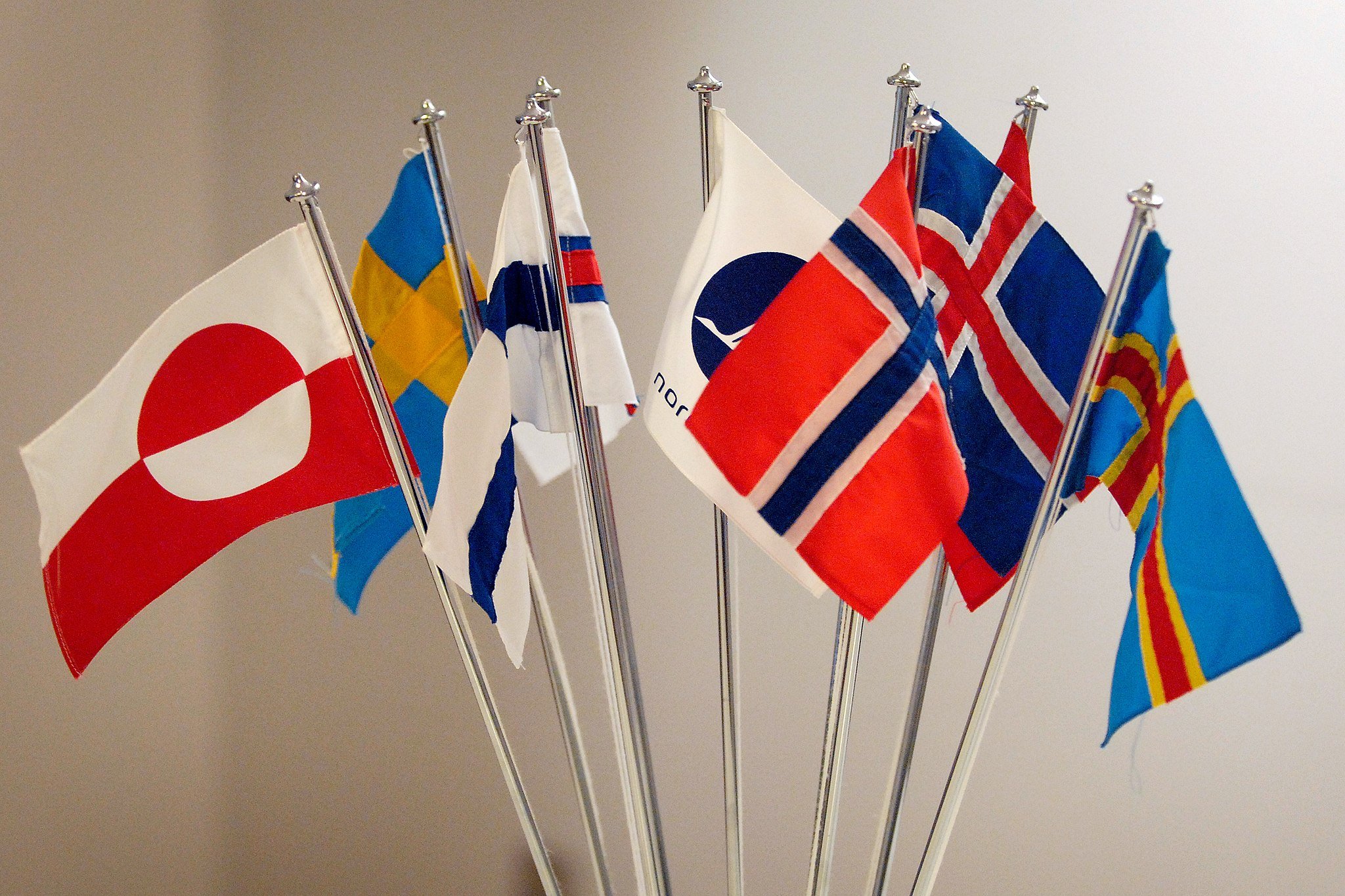The Nordic Council of Ministers, the inter-governmental body formed by Europe's Nordic countries, is being proposed as a mediator for the Spanish-Catalan crisis. Finnish MP Mikko Kärnä is making this proposal as part of a broader plan to be presented this Monday in search of a "negotiated solution for the Catalan crisis that affects Europe".
Finished my proposal to the Nordic Council about the crisis in #Catalonia. Tomorrow I will first present this to the center group of the Council and then to the other groups. I believe we can make this happen together!
— Mikko Kärnä (@KarnaMikko) 8 of April 2018
Please RT and contact your representative in the council! pic.twitter.com/A4iEMwHb71
Kärnä's wants the Nordic Council of Ministers to offer itself as a "neutral" mediator to find a solution between Catalonia and Spain. As well, he urges the Council to take a stand on the violence and police repression that Catalan voters suffered on 1st October, and to decide if this violence was "against international law".
A third request of the Finnish deputy is for the Nordic Council of Ministers to give its views on whether members of the Catalan government who are in prison are political prisoners or not, and in a similar line, to determine whether, "as many human rights organizations have stated", human rights violations have taken place in Catalonia.
And finally, Mikko Kärnä wants the Council to support a "peaceful transfer of powers from Spain to Catalonia if Spain uses military force against its own citizens"; the MP considers that reaching this level of violence would signify a violation of the European Union treaties as well as international law.
In a tweet, the Finn has shared the list of all members of the Nordic Council and has encouraged people who support the proposal to ask their political representatives to support it.
My friends! You can find the complete list of Nordic Council members behind this link! If you support my proposal, contact your representative/friend and demand a signature! #Catalonia https://t.co/UbcwkJB3TO
— Mikko Kärnä (@KarnaMikko) 8 of April 2018
Mikko Kärnä has defended the Catalan independence process on multiple occasions, and last Saturday he addressed a tweet to Spanish PM Mariano Rajoy and foreign minister Alfonso Dastis, complaining about the numerous insults that he is receiving on social media for coming out in favour of the independence process.
What is the Nordic Council?
The Nordic Council is a forum for cooperation among the parliaments of the Nordic countries. It was established in 1952, adopting a common labour market and social security system, and the free movement of citizens across borders. With headquarters in Copenhagen, it contains representatives from the countries of Denmark, the Faroe Islands, Greenland, Finland, Aland, Iceland, Norway and Sweden. The Council does not have any power per se but its member governments are obliged to implement the decisions it takes via their national legislatures.
In turn, the Nordic Council of Ministers was established in 1971 to complement the Council, as the body for cooperation among the governments of these same countries. Mikko Kärnä's proposal is intended to be set before the broader Nordic Council, and if it is approved, will be sent to the Nordic Council for Ministers for its consideration.

